Dell vs Lenovo: which laptop manufacturer is best?
We break down the pros and cons of these two computing tech titans
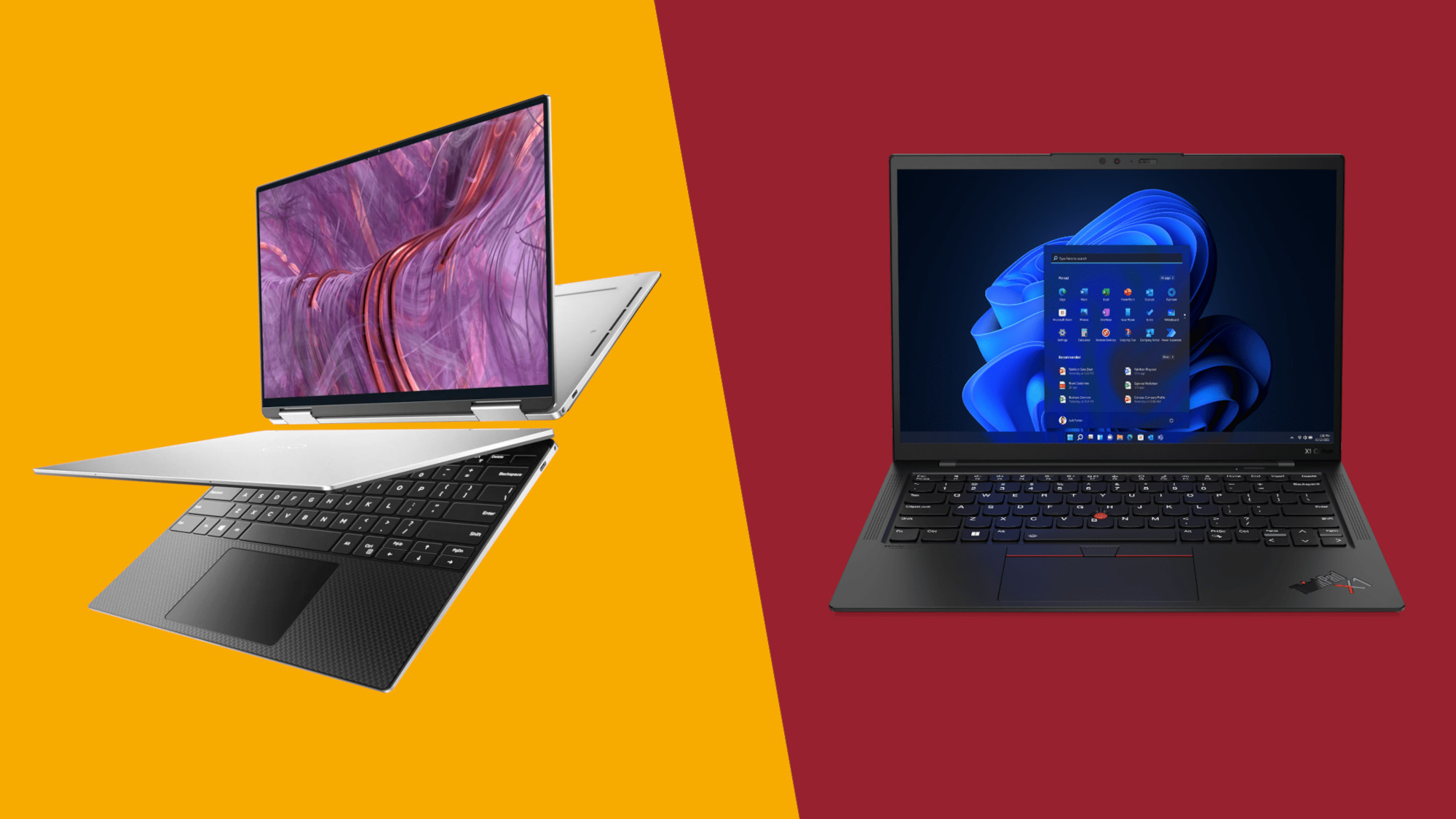
Sign up for breaking news, reviews, opinion, top tech deals, and more.
You are now subscribed
Your newsletter sign-up was successful
Who makes the best laptops? Unfortunately, that's probably not a question we'll ever be able to answer definitively, but that doesn't mean we're not going to try.
Dell and Lenovo are two of the most popular laptop brands in the world, and have long been engaged in a constant battle of one-upmanship, producing everything from the best 2-in-1 hybrid laptops to some of the best gaming laptops around.
Now, if you're a regular TechRadar reader, you might be thinking this debate is a forgone conclusion. After all, we've consistently ranked the incredible Dell XPS 13 series highly in our various laptop leaderboards - in fact, the entire XPS line represents some of the very best Dell laptops.
But Lenovo hasn't been resting on its laurels, with a strong selection of laptops in both the gaming and productivity space. Where Dell has Alienware - a separate gaming brand it acquired back in 2006 - Lenovo has its long-running Legion series of laptops and desktops, which offer some serious competition when it comes to gaming.
With that in mind, we're going to rate Dell and Lenovo across four areas: overall pricing, overall design aesthetics, productivity laptops, and gaming laptops. And when we're done, we should - hopefully! - have a true victor.
Dell vs Lenovo: Price
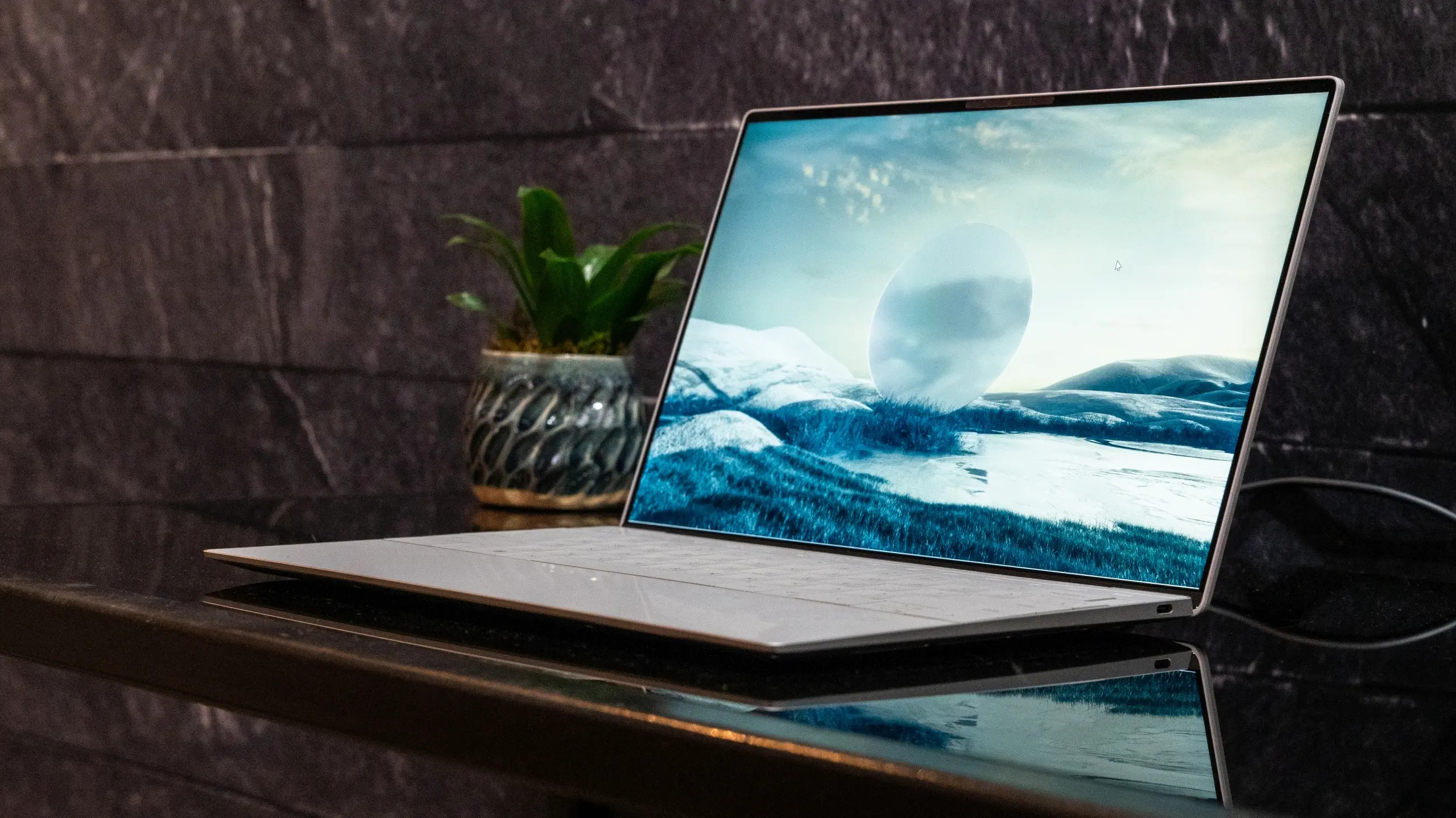
While neither Dell nor Lenovo can be considered 'budget' laptop brands, both manufacturers do offer a broad variety of models to suit every purpose and budget.
From the sensibly-priced starting configurations of the Dell XPS 13 to the wealth of affordable Chromebooks offered by Lenovo, cash-strapped shoppers should be able to find a laptop that fulfills their needs without spending too much. So we're left with a tie, right?
Sign up for breaking news, reviews, opinion, top tech deals, and more.
Not quite. See, Dell's gaming hardware predominantly falls under the Alienware brand, which is anything but cheap. It's a frequent criticism in our reviews of Alienware laptops that you pay a premium for the branding - not unlike Apple MacBooks or Razer Blades.
Lenovo's Legion series of gaming products, on the other hand, has a full range of configurations regardless of how fat your wallet is. We think this gives Lenovo a very slight edge when it comes to bang for your buck - although Dell does have its cheaper G-series gaming laptops, these aren't particularly impressive. However, the upcoming refresh of the Dell G5 does have the potential to change our minds...
- Winner: Lenovo
Dell vs Lenovo: Design
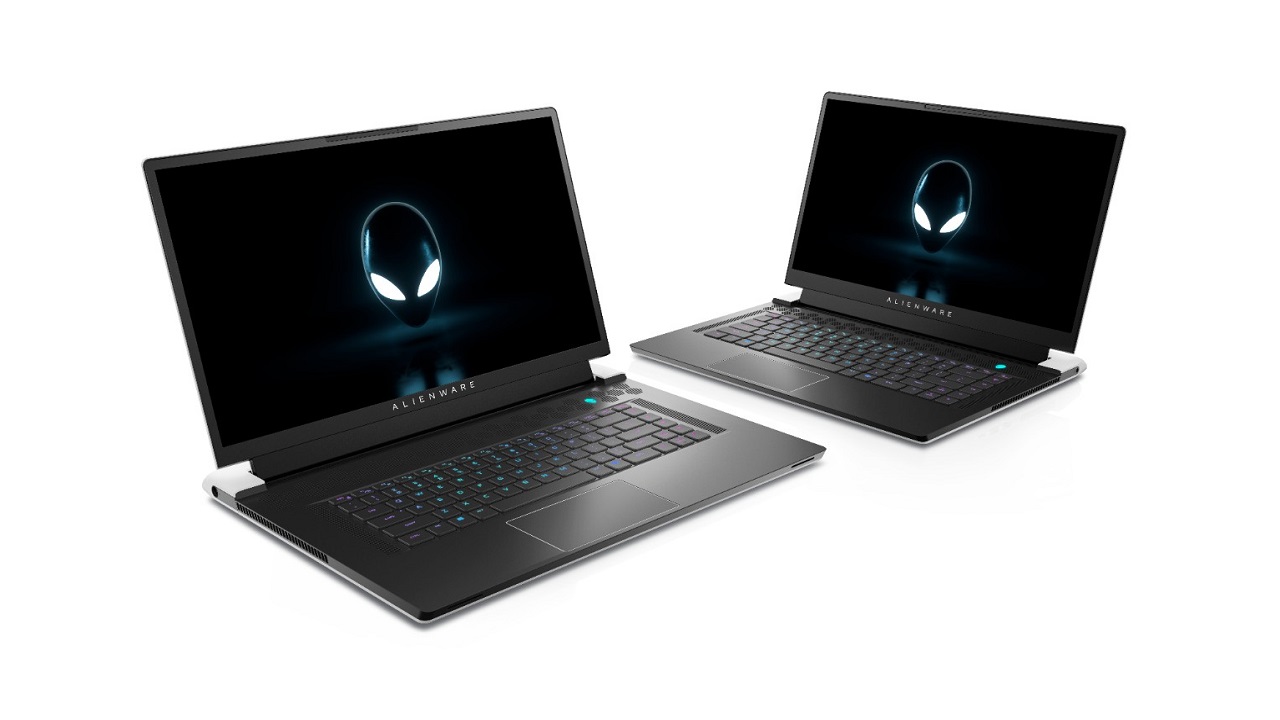
It's hard not to admit that Lenovo takes some knocks here. While Dell's top productivity laptops - from the larger XPS 17 to the older but still elegant Precision 5750 - typify a sleek and professional aesthetic, Lenovo's office hardware isn't quite as stylish.
Lenovo's determination to still feature touchpads with dedicated mouse buttons and the omnipresent red 'laptop nipple' mouse nub means that aesthetics are sometimes sacrificed in the name of usability - which is fine, but doesn't stand Lenovo in good stead here. While the classic stylings of the ThinkPad X1 Carbon line will appeal to some, a lot of Lenovo's productivity devices look fairly plain.
However, this commitment to a simpler, function-over-form design style actually serves Lenovo very well when it comes to its gaming products. The current spate of Lenovo Legion gaming laptops is defined by their clean, brushed-metal finishes, low-key branding, and minimal use of RGB lighting. That's great; just look at the clean alloy chassis of 2022's Legion Slim 7i. Lovely stuff.
Dell's Alienware brand, on the other hand, remains steadfastly loyal to one of the worst aesthetics in existence; that is to say, 'gamer style'. Every Alienware laptop needs a gaudy LED lightbar at the back or a rainbow-lit logo on the lid, marking its owner out as a gamer from the word go. With that in mind, we'll call this round a tie.
- Winner: Tie
Dell vs Lenovo: Productivity
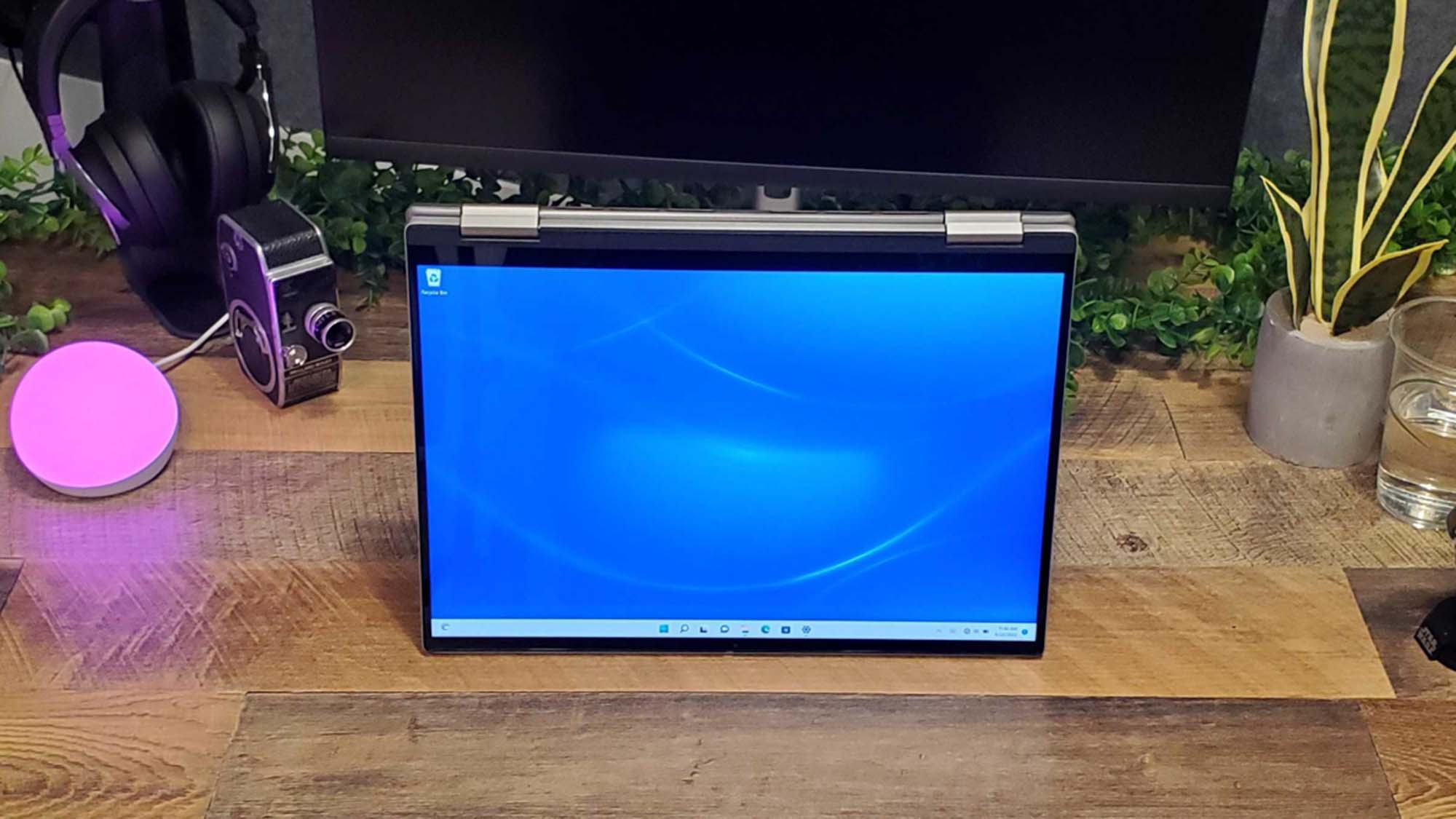
Both teams have some strong options available when it comes to productivity laptops, be they for the home, the office, or working on your morning commute. The Dell Inspiron series has been a mainstay of office environments for years, providing simple, straightforward laptops for work or school.
By the same merit, Lenovo's ThinkPad and IdeaPad models have long been the choice of busy professionals. There was a time when ThinkPad was the dominant brand in offices around the globe, before the great and terrible ascent of the MacBook Pro.
However, the ubiquitous presence of multiple Dell XPS models in our ranking of the best laptops makes it hard to argue this one in Lenovo's favor. The XPS series has been through a few incarnations and seen a few missteps over the years (including the swing-and-a-miss XPS 13 Plus), but it has ultimately produced some of the very best business laptops on the market, so Dell gets the win this round.
- Winner: Dell
Dell vs Lenovo: Gaming
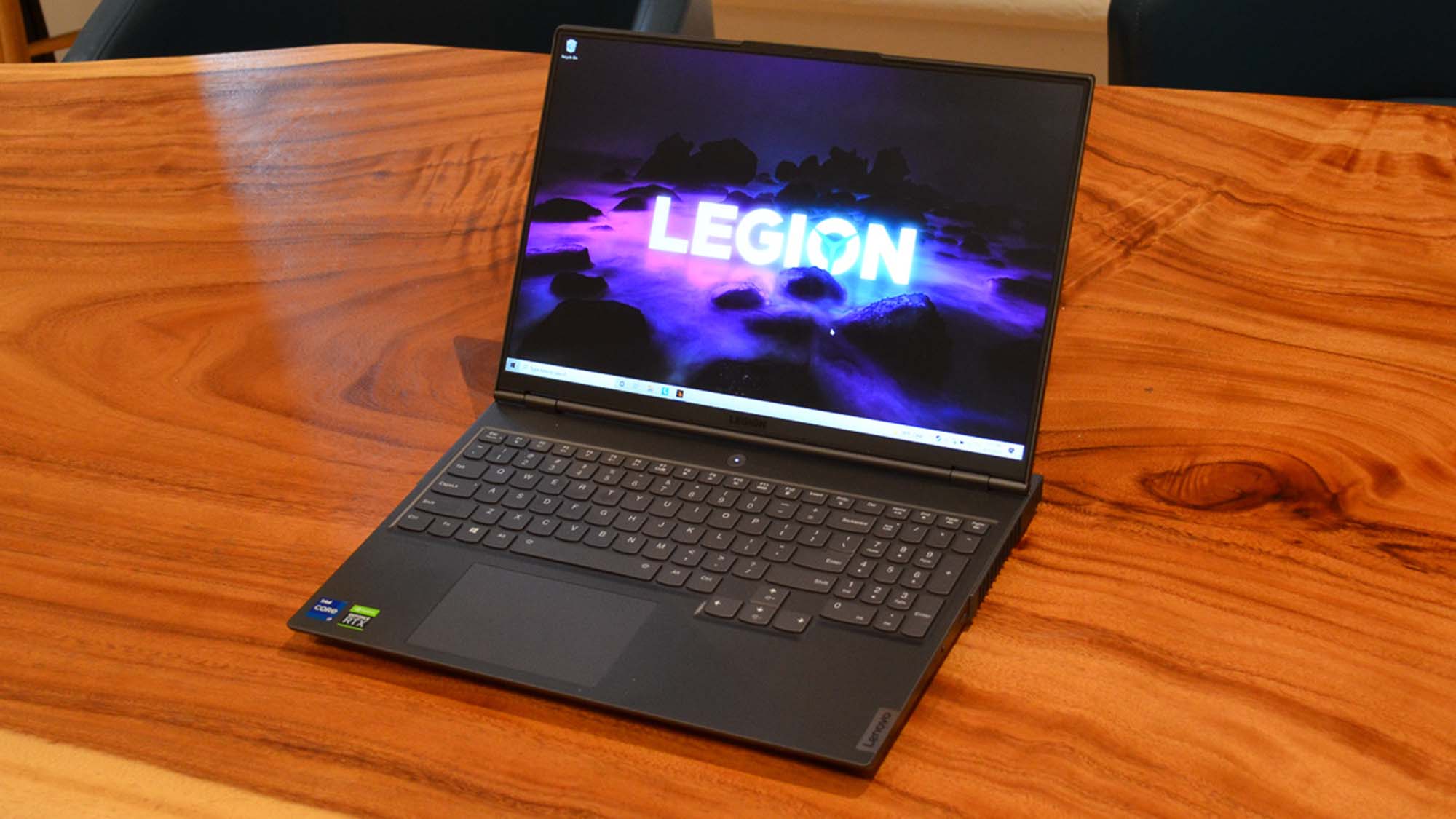
Unless you've skipped ahead to this section because you only care about gaming, you can probably infer from the earlier rounds who is going to win here.
Yup, Lenovo is the clear winner when it comes to gaming hardware; Dell's lackluster G-series laptops and pricey Alienware-branded hardware just don't compete with Legion, a product line that Lenovo has spent years honing into one of the best gaming laptop brands on the planet.
That's not to say that Dell's gaming kit is bad - we've reviewed some excellent (if expensive) Alienware laptops in our time, and the long-awaited design overhaul of Dell's G5 will be landing this year. We've seen it, and it looks pretty darn good.
But right now, Lenovo retains the gaming crown; models like the Legion Slim 7 and Legion 5i exemplify what makes a good gaming laptop, from clean designs to powerful performance without being too chunky.
- Winner: Lenovo
Which one should you buy?
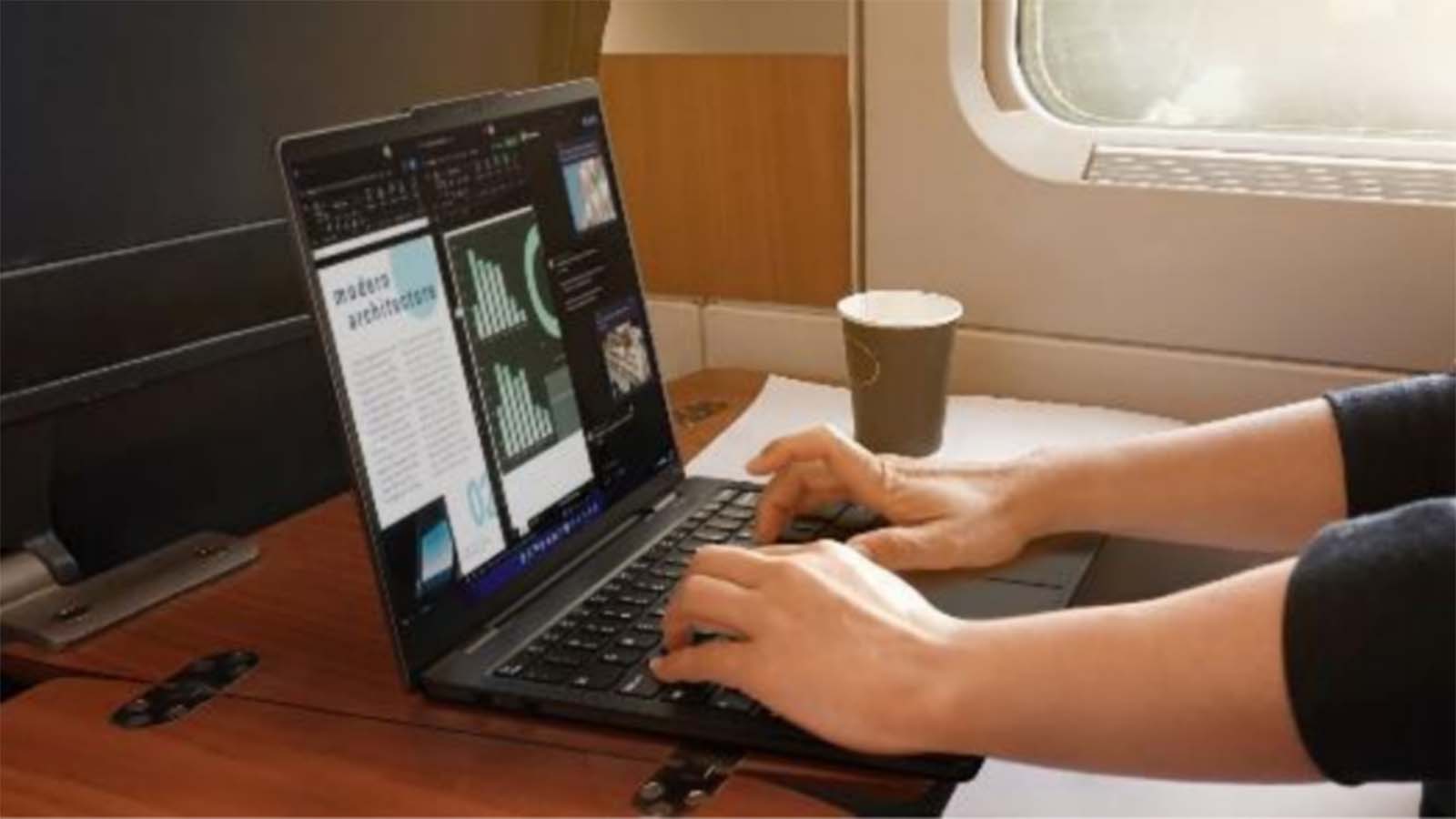
So, looking at the points, Lenovo is our victor here - but what's the real takeaway? Ultimately, there are cheaper laptops out there if you're on a tight budget, so it's hard to let pricing be too much of a factor when deciding which of these tech titans is best.
And let's face it: Lenovo's ThinkPads are pretty great, but they aren't quite on the same level as the best laptops from the Dell XPS line. If you're looking for a sleek and effective office laptop, an XPS should really be your first port of call - and they're not too pricey at the lower end of specs, either.
But when it comes to gaming, we've got to recommend Lenovo's Legion laptops over the majority of Alienware or G-series laptops from Dell. Things may change in the future, but as it stands right now, Lenovo has Dell beat in the gaming arena.
Ultimately, the real winner here should be decided by you; more specifically, by what you want from the laptop you buy. Always remember to consider not just your budget and hardware requirements, but the environment you'll be using your laptop in, and how much the aesthetics of your tech matters to you.

Christian is TechRadar’s UK-based Computing Editor. He came to us from Maximum PC magazine, where he fell in love with computer hardware and building PCs. He was a regular fixture amongst our freelance review team before making the jump to TechRadar, and can usually be found drooling over the latest high-end graphics card or gaming laptop before looking at his bank account balance and crying.
Christian is a keen campaigner for LGBTQ+ rights and the owner of a charming rescue dog named Lucy, having adopted her after he beat cancer in 2021. She keeps him fit and healthy through a combination of face-licking and long walks, and only occasionally barks at him to demand treats when he’s trying to work from home.